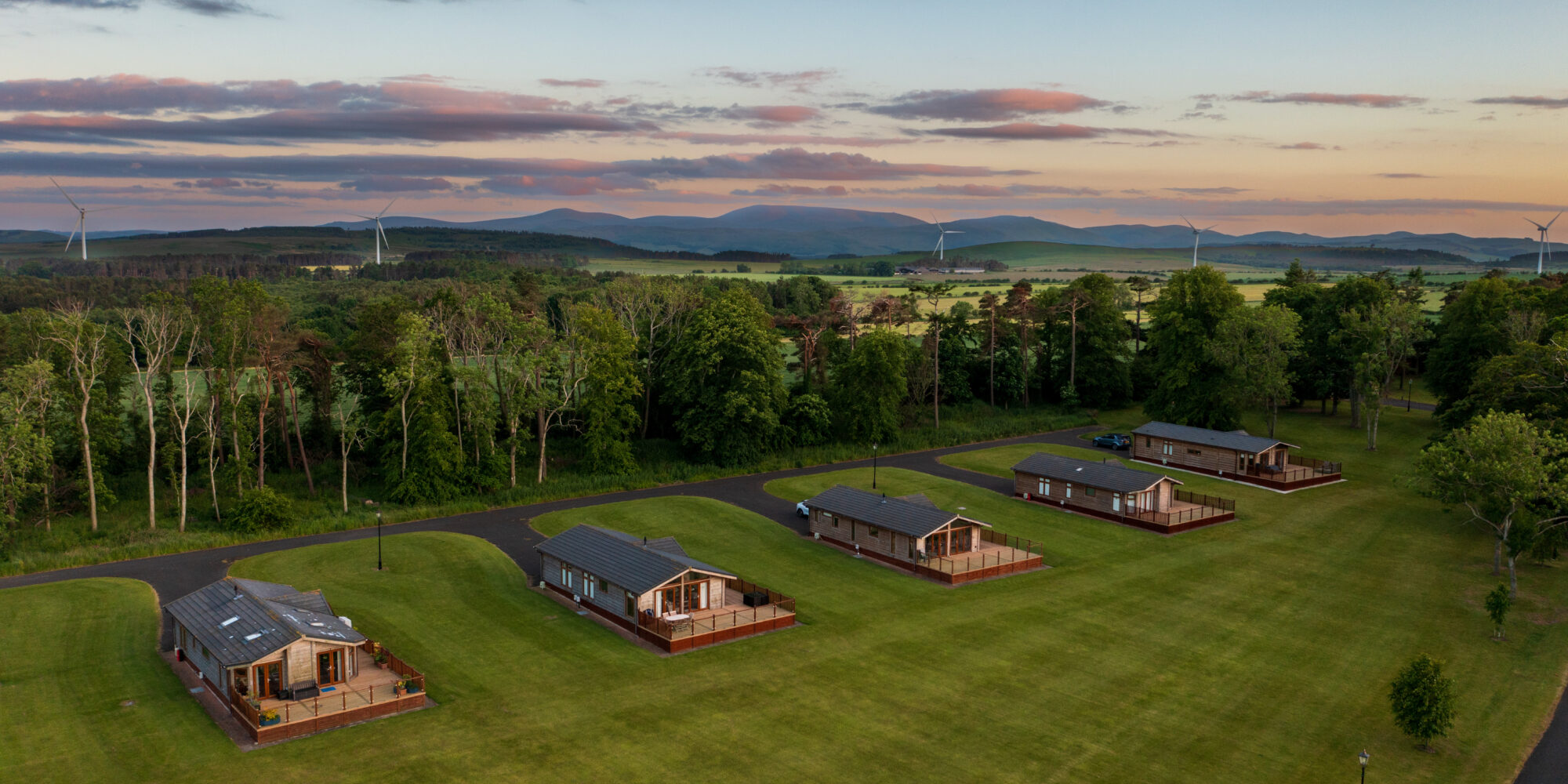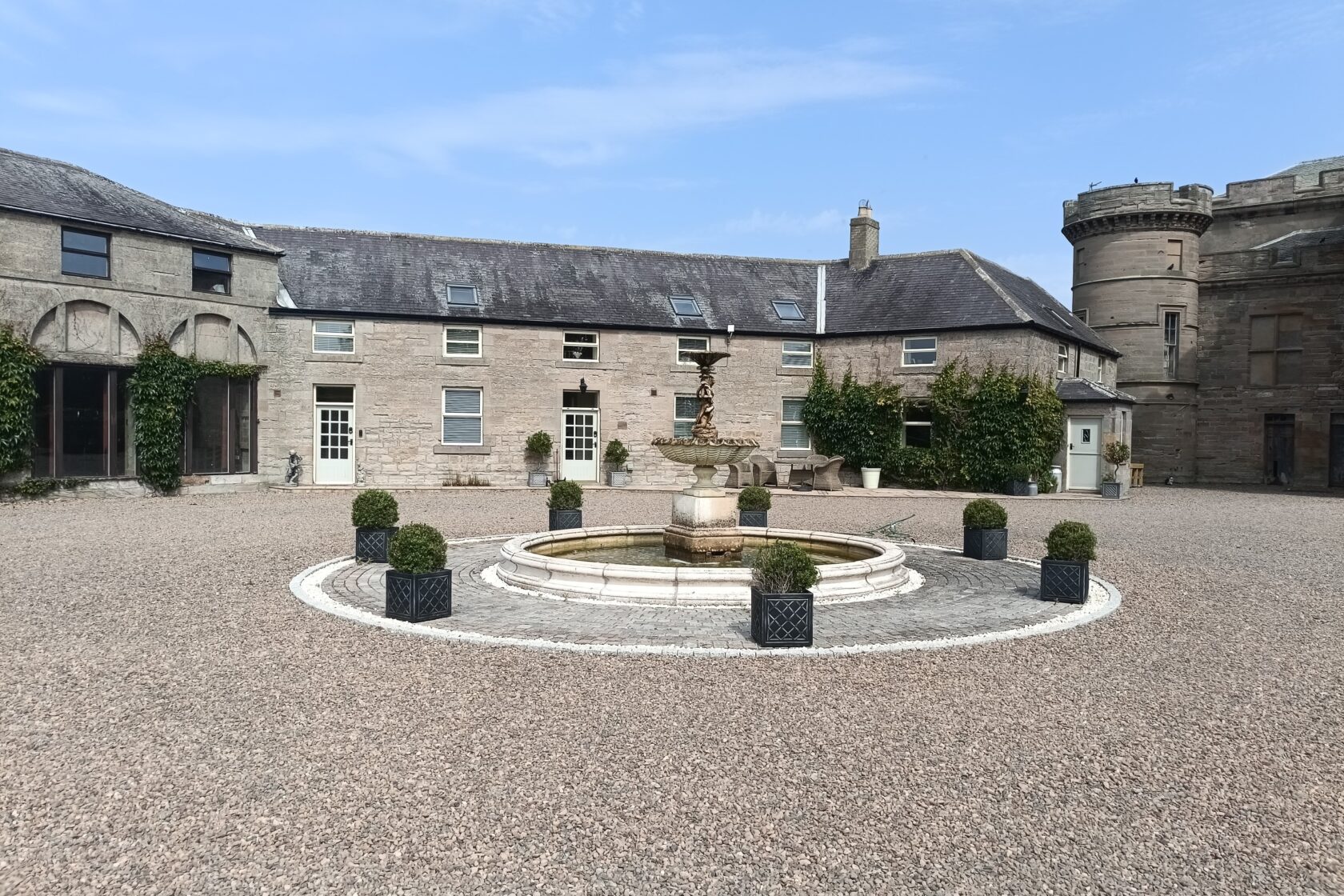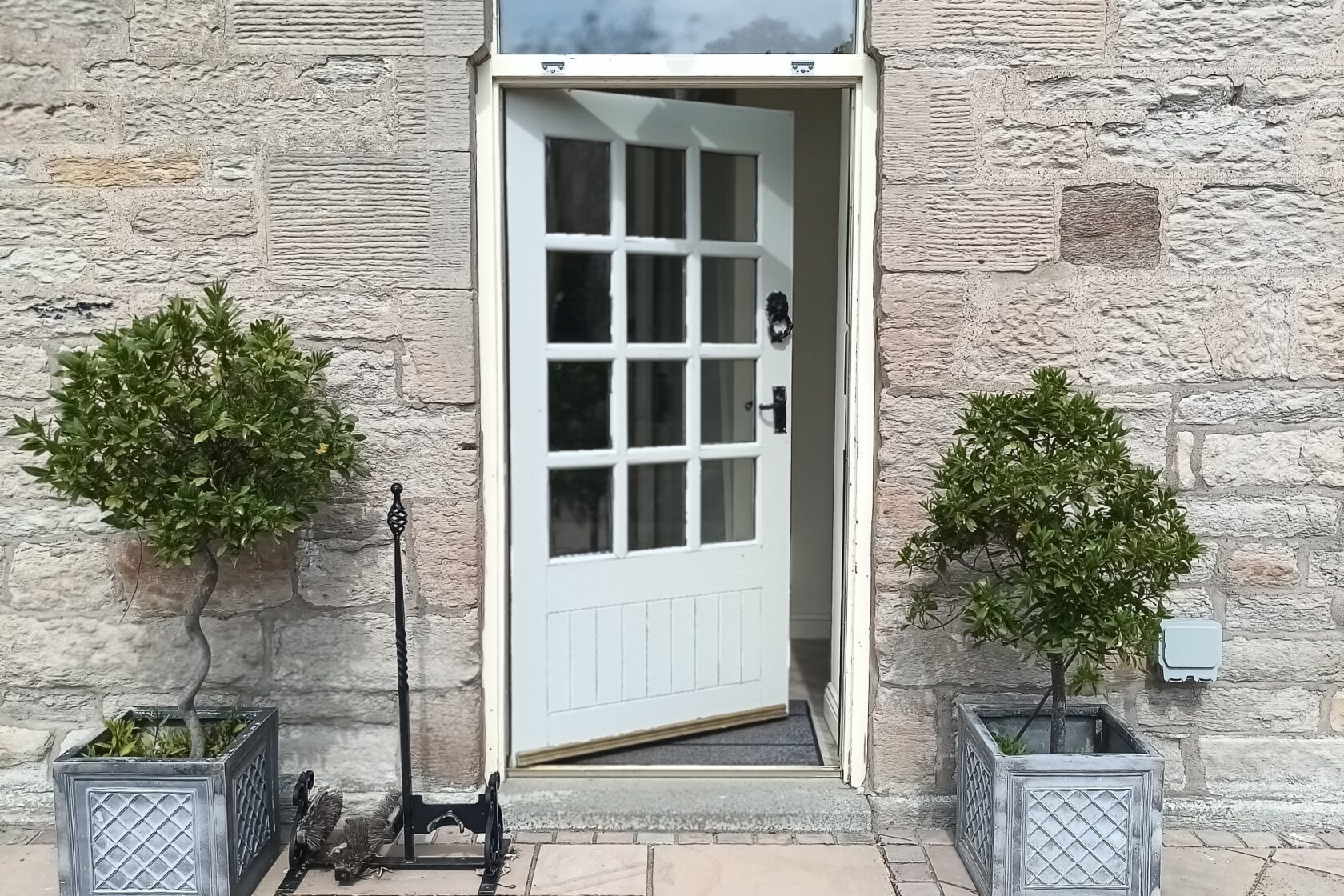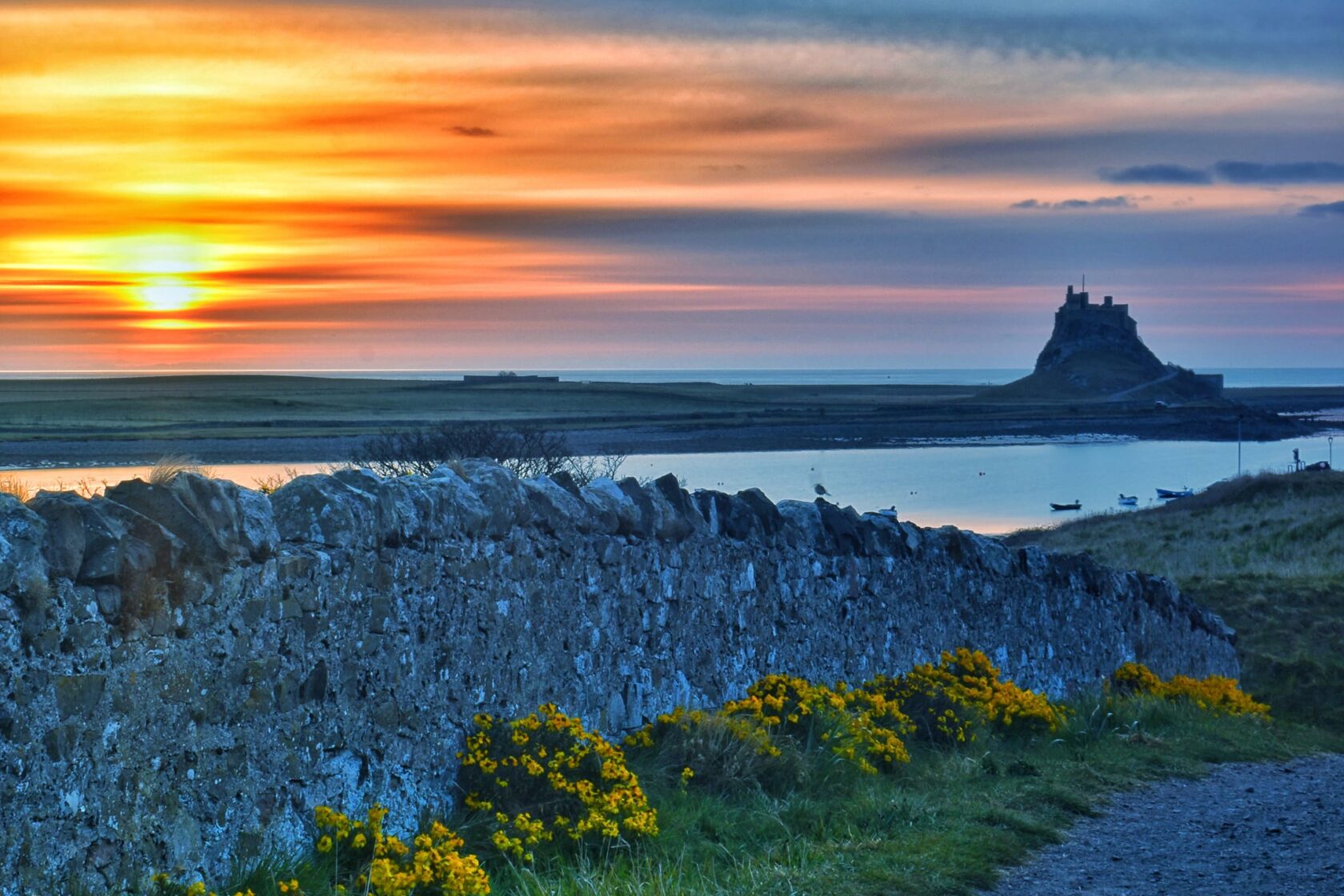1. Understanding What a Static Caravan Is
Static caravans are semi-permanent holiday homes located on a holiday park or caravan site. Unlike touring caravans, they’re designed to stay in one spot for an extended period, offering more stability, amenities, and comfort. These can be great options for people seeking a regular getaway location without the upkeep of a larger property.
2. Choosing the Right Location
The location of your caravan plays a significant role in your enjoyment and the resale value. Consider what kind of experience you want:
- Coastal Views: Parks along the coast, like in Northumberland, offer scenic views and easy beach access.
- Countryside Escapes: Rural locations are ideal if you prefer peace and outdoor activities.
- Family-Oriented Parks: Look for parks with amenities like playgrounds, pools, and entertainment if you plan to bring family along.
Visit potential parks, explore the facilities, and make sure the vibe aligns with your holiday style.
3. Types of Static Caravans and Layout Options
Static caravans come in various sizes and layouts to accommodate different needs:
- Single-Width Caravans: Typically 12-14 feet wide, great for smaller families or couples.
- Double-Width Caravans: Approximately 20 feet wide, providing extra living space and often additional bedrooms.
Check the layouts and decide on the number of bedrooms, bathrooms, and other features like a full kitchen or a spacious lounge area. Consider the storage space if you plan on frequent stays or if you’ll store seasonal items inside.
4. Budgeting for Your Purchase
Static caravans range in price based on size, condition, and park location, often from £20,000 to over £100,000. In addition to the purchase price, factor in:
- Site Fees: Parks charge annual fees for maintenance and services, which can vary widely.
- Utilities and Insurance: Budget for electricity, gas, water, and insurance.
- Transport and Installation Costs: If you’re purchasing from a separate seller, these costs might not be included.
It’s wise to keep a little extra set aside for maintenance and repairs over time as well.
5. Finance and Ownership Options
Many holiday parks offer financing options if you’re not paying upfront. Typical options include:
- Hire Purchase (HP): Spread the payments over several years; you’ll own the caravan after the final payment.
- Personal Loan: May offer more flexibility with repayment terms.
Double-check that the loan provider or park financing aligns with your financial situation, and always read the terms thoroughly.
6. Legalities and Ownership Terms
Static caravans are typically on leased land within a park. This means you own the caravan but pay for the land where it’s situated. When reviewing terms:
- Check the Lease Duration: Site agreements can vary, often running between 10 and 20 years.
- Understand Park Rules: Most parks have rules regarding subletting, pets, and the number of visitors allowed.
- Ownership Transfer Terms: Ensure you understand the process and any fees associated with selling your caravan in the future.
Read the contract carefully, and consider consulting with a legal expert if you have any questions.
7. Maintenance and Upkeep
Static caravans require some upkeep, although much less than a traditional home. General upkeep includes:
- Winterising: Protect against cold weather if the park closes during winter.
- Annual Checks: Check for wear on the roof, windows, and undercarriage, and address any small repairs promptly.
- Park Maintenance: Many parks have maintenance services available; it’s helpful to see if they provide assistance with regular upkeep.
8. Insurance Needs
Having insurance for your static caravan is crucial to protect against damage, theft, or other unforeseen issues. Key insurance types include:
- Standard Caravan Insurance: Covers structural damage and theft.
- Contents Insurance: Protects personal items inside the caravan.
- Public Liability Insurance: Covers incidents involving guests or neighbors while on-site.
Choose an insurance plan that suits your needs and make sure it complies with park regulations.
9. Rental Opportunities and Extra Income
Some holiday parks allow you to rent out your caravan when you’re not using it. This can help offset running costs, especially during peak seasons. Ensure you understand the park’s policy on rentals, and factor in costs like cleaning, key handling, and wear and tear.
10. Making the Most of Your Investment
Owning a static caravan can lead to a lifetime of cherished memories, especially if you choose a location you love. The flexibility of weekend getaways, the comfort of a familiar setting, and the opportunity for family and friends to visit can make a static caravan the ideal holiday investment.
Conclusion
Owning a static caravan is a wonderful way to secure affordable and flexible holidays for years to come. By choosing a great location, understanding the costs, and staying on top of maintenance, you can ensure a stress-free, enjoyable holiday experience every time. Happy caravanning!
We are open 7 days a week for anyone who would like to pop in and get more information or if you would like to take a look around our park here at Barmoor Castle, call us on 01289 388376.






